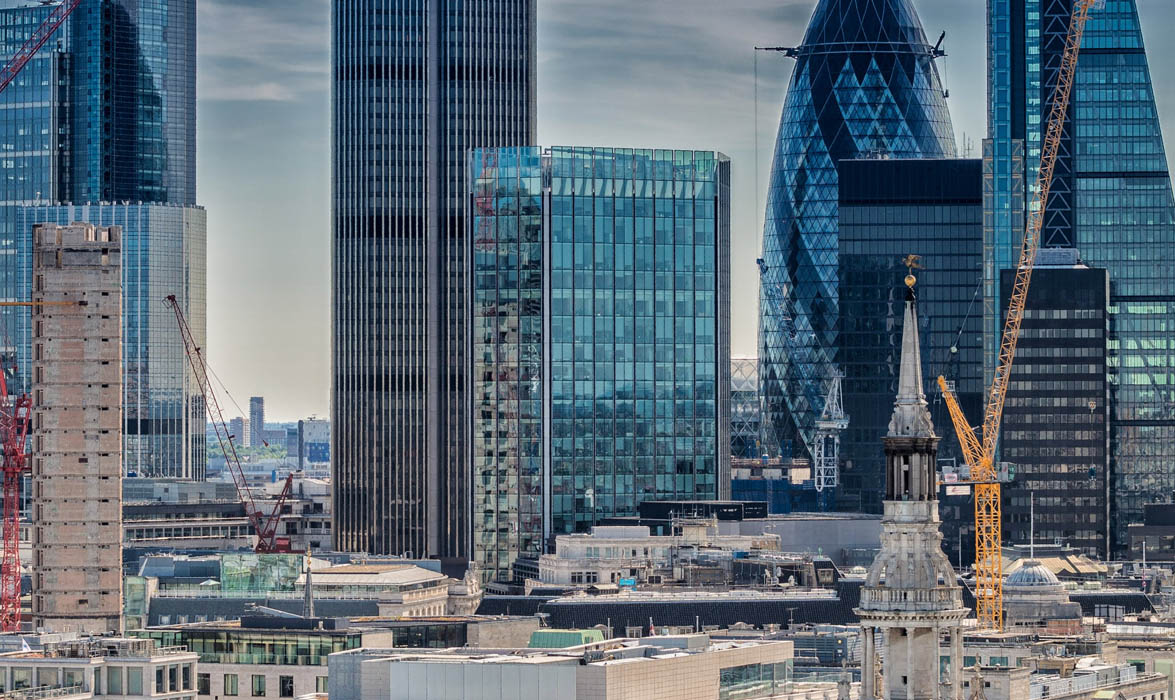
London commits to make new buildings “Net-Zero Carbon” by 2030
This August, Sadiq Khan took another major step towards embedding efficiency solidly within the UK capital’s future.
Energy Live News broke the story, explaining that leaders of 19 cities, including London, have all pledged to ensure all new buildings are carbon neutral by 2030.
“My strategy to improve London’s environment includes some of the world’s most ambitious targets to reduce carbon emissions from our homes and workplaces,” Khan said.
“This includes expanding my existing standard of zero carbon new homes to apply to all new buildings in 2019. We want to make London a zero carbon city by 2050 and we’re working hard to ensure its buildings are energy efficient and supplied with clean energy sources.”
Khan’s declaration, which was driven by the C40 cities group, has been welcomed within the sector. C40 is a network of the world’s megacities committed to addressing climate change.
The C40 supports cities to collaborate effectively, share knowledge and drive meaningful, measurable and sustainable action on climate change.
As part of the declaration, London must deliver a net-zero building roadmap, develop supporting incentives and programmes and report annually on its progress.
Halogen ban upon us
Elsewhere, The Guardian reminds us that from September 1, halogen lightbulbs will finally be banned across Europe.
The ban should have major impacts for the UK’s buildings and their energy management. LEDs consume one-fifth of the energy of halogen bulbs and their phase out will prevent more than 15m tonnes of carbon emissions a year, an amount equal to Portugal’s annual electricity usage.
Stewart Muir, product manager at the Energy Savings Trust, says: “A halogen bulb may be cheaper to buy in the first place but the electricity costs will be much more expensive, whereas an LED bulb will pay for itself within a year.”
Eliot Whittington, the director of the Prince of Wales’s corporate leaders group, which campaigns on the issue, said: “The science is clear. We can’t allow the human costs of climate change to reach the levels they will, if we fail to act. You ban things that threaten public safety and the wasteful use of energy is dangerous for us all in the end.”
Clean energy vs construction sector
Finally, Daniel Brown, policy manager at the Renewable Energy Association, has told Construction News that the construction sector urgently needs to raise its game on energy.
“Those in property development and construction would be wise to start on the front foot,” he writes.
“Companies in the energy sector that waited until change was being legislated or regulated are now having a harder time than those who saw change coming and began to reskill, rebrand and reorganise early.”
Brown argues that tightening carbon budgets, stricter efficiency regulations for new builds, reviews of SAP and other energy performance measures mean the creators of tomorrow’s built environment need to improve their practice fast.
“Many are seeing the logic in creating home markets and encouraging domestic [and] commercial energy storage,” he writes.
“It’s clear that industry firms can benefit massively from the UK’s rapidly shifting energy landscape, but could also be left behind if they fail to prepare for it.”
BG Energy Solutions is one of the UK’s leading energy solutions businesses. For advice or answers to your own energy and carbon reduction challenges, drop us a line.